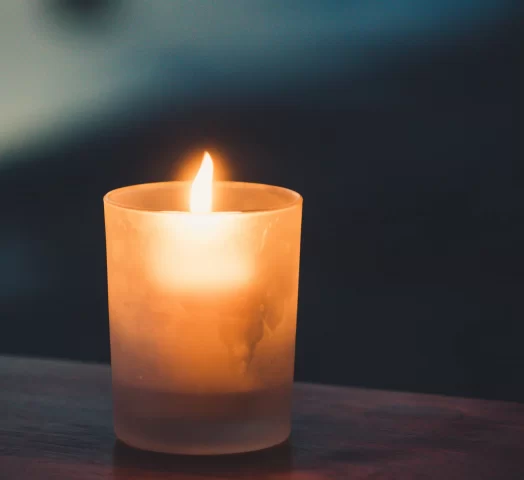Do I need bereavement counselling?
If you feel isolated it can help to have a confidential space to talk and explore your feelings with a neutral person.
Grief brings many varied emotions, physical symptoms, thoughts and questions. Everyone copes in a different way with this. Some people need to speak a lot about their feelings and focus on the loss and others prefer to cope by focusing on practical things like fundraising for a charity and attending to life's changes. We may 'see-saw' between focussing on loss feelings and practical restoration.
This can cause difficulty between couples & family members if they tend to cope differently. Counselling can help explore and understand this and work out what you need from each other.
If you have had previous difficulties with anxiety and depression or previous trauma, or other stresses such as physical illness, a counsellor can help identify coping strategies.
You might have intrusive memories or thoughts or flashbacks about events around the death or persistent difficulty sleeping. You might feel very anxious as if the world no longer feels as safe as it did. There are ways of working with these trauma symptoms, such as EMDR therapy, that can help alleviate them so that the normal grieving process can continue .
Sometimes bereaved people may have thoughts that there is no point to life or you feel you may harm yourself. It's important to get help urgently if you feel like this. Intense grief can come in waves and will rise and fall. There are some resources here.
When a child dies
The death of a child is one of the hardest things a person can face and is an affront to our sense of the natural order of things.
There is often not much space for bereaved parents and relatives to think and talk about their baby or child who has died in today's society and counselling can be a space to reflect in a supportive place. It can be very isolating, as friends and family may also be in shock at the death and do not know what to say.
The death of a child is not exactly ‘got over’ or something you move on from. Levels of grief can rise and fall over time, even years later - especially around anniversaries and important occasions. However, with support, we can learn to live with the grief and find a way to live whilst remembering the child that has died.


When our baby or child dies we lose our imagined future with that child, whether the death has come through miscarriage, sudden unexpected death in infancy, termination for medical reasons (TFMR), stillbirth, illness or accident.
We may need to revisit our grief at different points and landmarks in our life. You may think about what your child would have been like at each milestone missed; first steps, starting school, going to university, getting married and having children and onwards.
It is never too late to seek help; there wasn't much acknowledgement or support for baby loss in years gone by and if you feel stuck or are struggling, benefit can still be gained from counselling even if the death was many years ago.
Peer Support
This is available from several babyloss charities like The Lullaby Trust.It can be valuable to speak with other parents who have been through a similar loss and are further on from their bereavement. This is often called 'Befriending'.
Support groups can also be a great help either face to face like with SANDS or online ones like The Lullaby Trust Bereavement Support Group
Below, you can see me taking part in a discussion about supporting siblings after a baby has died, for Baby loss Awareness Week 2021